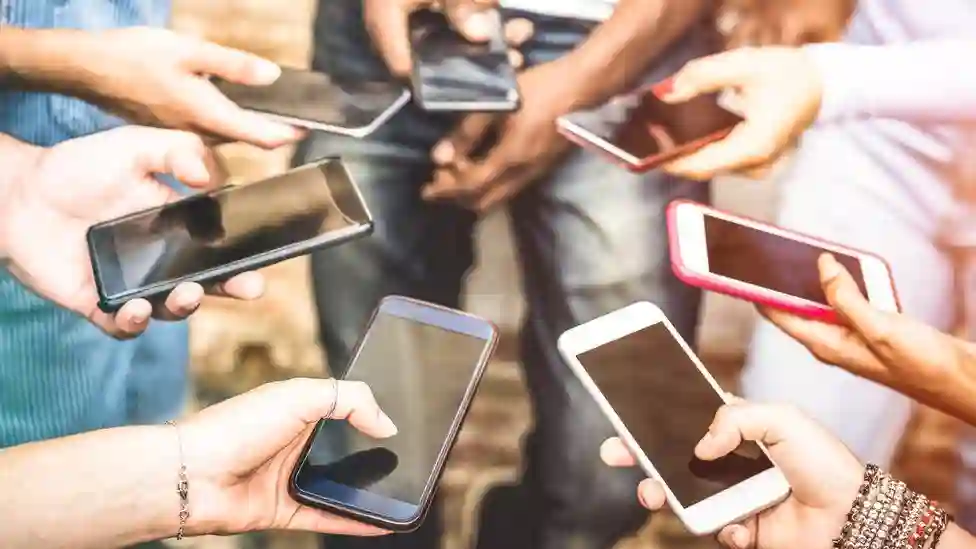There is a great deal of debate on how mobile phones affect family relationships. Some people argue that the use of cell phones can help alleviate stress and help improve family communication, while others believe that cell phones are damaging. In this article, I’ll be discussing the dangers of cell phone addiction and how they can affect families.
Cell phone addiction among married couples
Cell phone addiction among married couples has been proven to affect their family relationships. This disorder is a behavioral problem that can cause marked changes in behavior, thinking and mood. It can also exacerbate existing mental health issues, such as anxiety or depression.
One study found that adolescents with cell phone addictions have lower levels of emotional stability. Another study discovered that text messaging in extreme forms is very addictive.
Some studies have found a correlation between cell phone addiction and depression, while others have found a relationship between cell phone overuse and anxiety. However, there are no known links between cell phone overuse and gender.
Cell phone addiction can be a major factor in the breakdown of a marriage. When a person is addicted to his or her cell phone, they can ignore family problems and quarrel with their partner. These habits can be difficult to break on your own, but a therapist can help.
A recent study from Ohio State University found that college students who are addicted to smartphones are more likely to experience chronic stress and depressive symptoms. Interestingly, they were also less likely to maintain a high GPA.
In addition, the study found that if a cell phone is broken, a person who is addicted panics. They may even be tempted to take their phone to the restroom multiple times a day.
Cell phone use as a therapy for stressed people
In a nutshell, the mobile phone is a vital tool to keep us connected, but the heavy use of a smartphone can wreak havoc on our mental health. To make matters worse, constant checking of emails and social media can lead to burnout and a dearth of human interaction.
There are a variety of mobile applications aimed at helping us to get our heads out of our devices. These include mobile therapy by Dr. Margaret Morris, a clinical psychologist at Intel Corp. Using a prototype of a phone, users can take part in various exercises to help relieve stress.
The best way to go about this is to be judicious in your mobile usage. For instance, the study found that using a phone to send emails and social media could actually increase your stress. Instead, spend more time on face-to-face interactions.
Another study in the same journal demonstrates that the use of a mobile app with a built-in social networking feature can actually boost your happiness. By connecting with friends, colleagues and acquaintances, you’ll be able to see how they are doing.
Finally, there’s the all-important question of how much time you spend using a smart phone. As a rule of thumb, no more than two hours per day should be the bare minimum. But this isn’t an easy feat. Fortunately, there are specialist treatment centers that provide digital detox programs.
Side effects of cell phones
There are a number of side effects of cell phones on family relationships. They can lead to social isolation, and they can be dangerous. Some family members are even addicted to their mobile devices. Cell phone addiction can ruin relationships, and some family members may be belittled, ignored, or even neglected.
Studies have shown that excessive cell phone use can lead to physical health issues and mental disorders. It has been linked to depression, anxiety, and worry. In addition, it has been correlated with low self-esteem and poor sleep patterns.
One study showed that teens who spent five or more hours a day on their cell phones were more likely to develop obesity. Another found that 15% of children had been cyberbullied.
Several studies have shown that cell phone use can have a negative impact on family life. Families who have phones are better off than those who don’t. This is because they get help when necessary, and they can inform distant relatives in case of an emergency.
However, cell phone users also miss out on family interaction. They may not talk to their kids, and they may quarrel if they don’t have access to their cell phones. Moreover, when parents are on their phones, they are slower to respond to interruptions.



